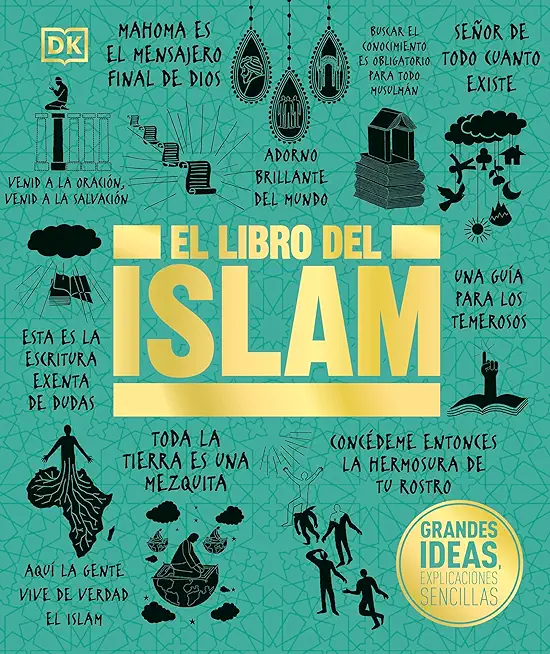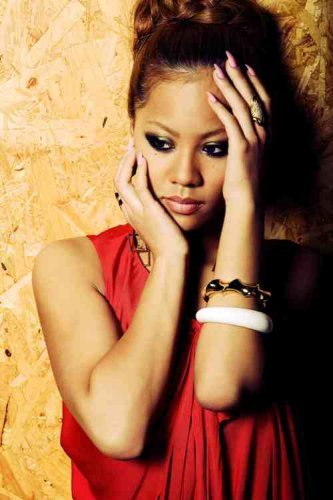
Strickland, John
product information
description
m told in earlier volumes, The Age of Paradise and The Age of Division, the author explains how, between the Italian Renaissance of the fourteenth century and the Russian Revolution of the twentieth, secular humanism displaced Christianity to become the source of modern culture. The result was some of the most illustrious music, science, philosophy, and literature ever produced. But the cultural reorientation from paradise to utopia-from an experience of the kingdom of heaven to one bound exclusively by this world-all but eradicated the traditional culture of the West, leaving it at the beginning of the twentieth century without roots in anything transcendent.
member goods
No member items were found under this heading.
Return Policy
All sales are final
Shipping
No special shipping considerations available.
Shipping fees determined at checkout.







